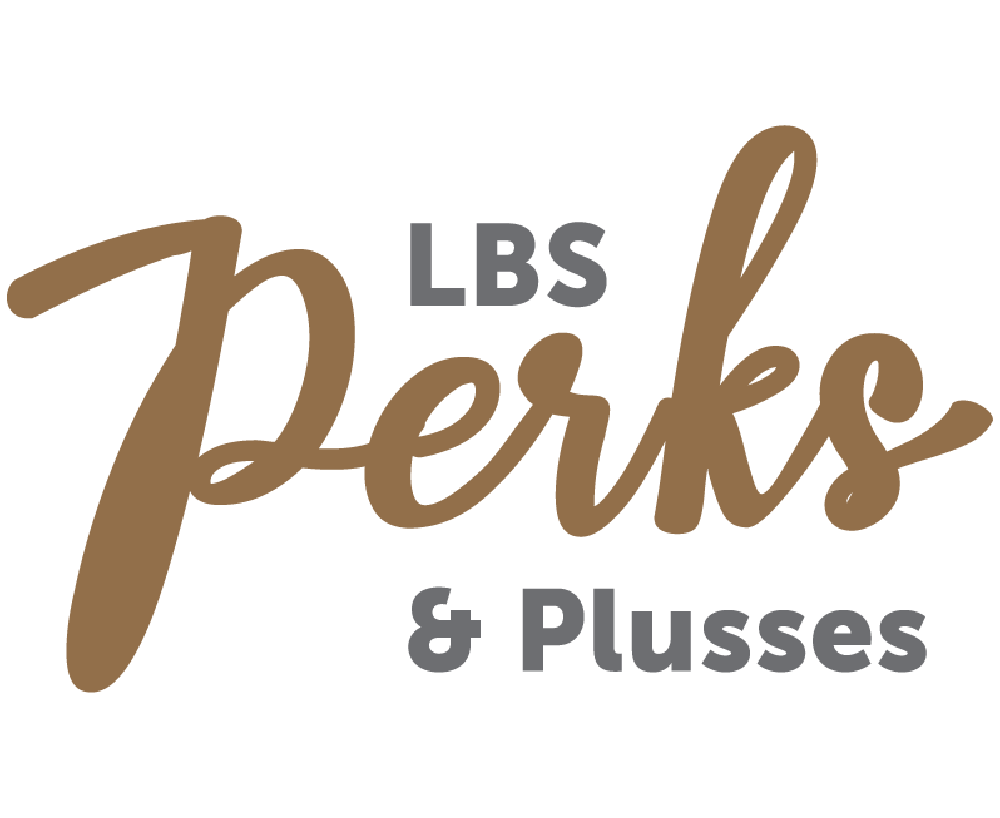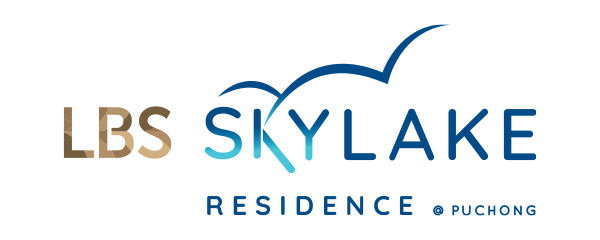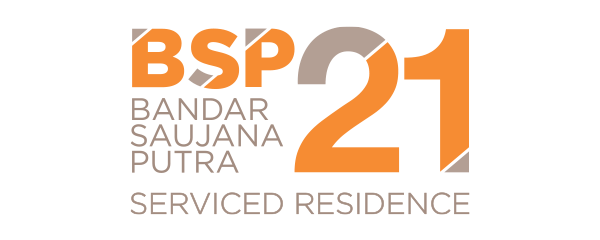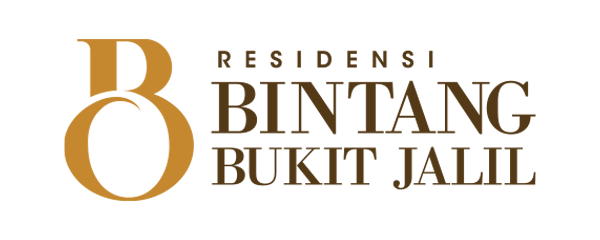Savvy with Property Abbreviations
Planning to buy your first house? There’s really no better time to do so! Especially with the HOC extended till the end of 2021, as well as BNM maintaining its OPR at an all-time low of 1.75%. You also happen to have a healthy DSR? Great! Hold up, you look confused, did all these abbreviations confuse you? Believe it or not, we were once in that spot.
The process of buying your first home can be overwhelming because it is not merely a cash and carry process. Besides having an in-depth knowledge of the potential property, being well-versed with banking and property abbreviations is equally as important.
In this article, we won’t be going too in-depth on every abbreviation so that you can take your time to digest all this info. Here is our pick of property abbreviations that you need to know to help ease your way on your journey to securing your first home:
1. HOC
Introduced back in 2019, HOC is the abbreviation for Home Ownership Campaign, a government initiative intended to aid homebuyers in search to purchase their dream property and simultaneously catalyze sales of unsold properties in the housing market of Malaysia. The HOC comprises significant stamp duty exemptions on Instrument of Transfer, Instrument on Loan Agreement, and much more. Be quick though because this campaign is only here to stay till the end of 2021.
2. MPC, BNM, and OPR
Hear us out on why we place them together. The Overnight Policy Rate (OPR) is an overnight interest rate set by the Monetary Policy Committee (MPC) of Malaysia’s central bank, Bank Negara Malaysia (BNM) intended for monetary policy direction. Remember how we mentioned that at the time of speaking the OPR is at its all-time low and that’s a good thing? The lower the OPR is set, the cheaper it is to take a loan and thus, better capabilities of accessing capital, be it for personal or commercial reasons, and vice versa.
3. DSR
A Debt Service Ratio (DSR) is a method used by banks to gauge your ability to afford the loan that you just applied for. When purchasing a house, DSR is crucial as banks use this formula to determine the amount that you can afford to pay for your monthly property loan instalments. A healthy DSR is in the 30-40% range. In short, the lower your DSR, the merrier but should your DSR be on the high side, don’t give up just yet. You can always seek advice from your bank on the highest DSR that they accept because every bank’s DSR limits may differ.
4. CTOS
Credit Tip-Off Services or better known as CTOS in short is a report that is issued by CTOS Data Systems Sdn Bhd, which is one of our country’s leading private Credit Reporting Agency (CRA) which archives an individual or organization’s complete credit record. Contrary to a Central Credit Reference Information System (CCRIS) report which only tracks credit history for the past one year, CTOS reports are stored indefinitely. A good CTOS score will boost your credit application approval and ultimately, bring you one step closer to your dream home!
5. DOA
No no, it’s not prayer in Malay, but instead stands for Deed of Assignment. DOA is a legal document that is used to transfer the ownership of a property/a debt from one party to another. It confirms the transfer of ownership from the ‘Assignor’ (the individual who currently owns the property) to the ‘Assignee’ (the individual who is acquiring the property).
6. MOT
The Memorandum of Transfer (MOT) is a legal document that follows the SPA and confirms the actual transfer of the ownership of the property. It confirms the actual transfer of ownership of a property. Wait, MOT sounds very similar to DOA, yes? Signing the MOT signing signifies that the Land Title will be transferred from the developer to you. For high-rise units, once it is divided, the MOT needs to be filed at the Land Office to transfer the ownership of the unit from the developer to the buyer. The signing of the MOT is the legal confirmation of transfer of ownership and generally forms the final step of the transfer process.
7. SPA
The Sale and Purchase Agreement (SPA) is an extremely important document that defines the terms of a house sale. A legally binding contract between buyer and seller that confirms mutually agreed conditions such as the method of payment, defect liability period, conditions of the property, fixtures, and fittings, and other relevant clauses.
8. DLP
Do you know how our new phones and electronics come with warranty? Defect Liability Period or DLP in short is sort of the same thing but for properties instead. It is a specific period where your developer is responsible to fix any defects identified in your new home. Spotted misaligned or hollow tiles, uneven paint, or crack ceilings? It’s part of the SOP for developers to thoroughly inspect the property before vacant possession (VP), while you get all excited for your new house, knock and skim through every corner of the house! Under the Housing Development Act in Malaysia, the DLP period is 24 months for individual titles and 36 months for strata titles, beginning from the day you take the keys for your new house, so start checking away!
9. CCC
CCC stands for the Certificate of Completion and Compliance (CCC) which is also by far one of the most important documents in the journey of securing your dream home. This black and white is issued when your newly built house is signed off as completed and safe for habitation, as evaluated and submitted by an appointed architect known as Principal Submitting Person (PSP).
10. BLR
To make it easy to digest, Base Lending Rates (short for BLR) is the base interest rate that banks internally turn to prior to finalizing the rate to charge for your home loan. To describe more precisely, BLR is the rate determined by each bank according to the cost needed to borrow the money to be lent to borrowers, which is determined by the aforementioned OPR.
Well done! You’ve made it till the very end. Of course, there’s so much more to learn in the world of property and every abbreviation actually deserves its very own article. But no worries, we are confident that you are now much savvier than when you started. Did you like what you read? Let us know in the comments down below how we can help you be better equipped in buying your new house!
#Let’sBeSavvy

